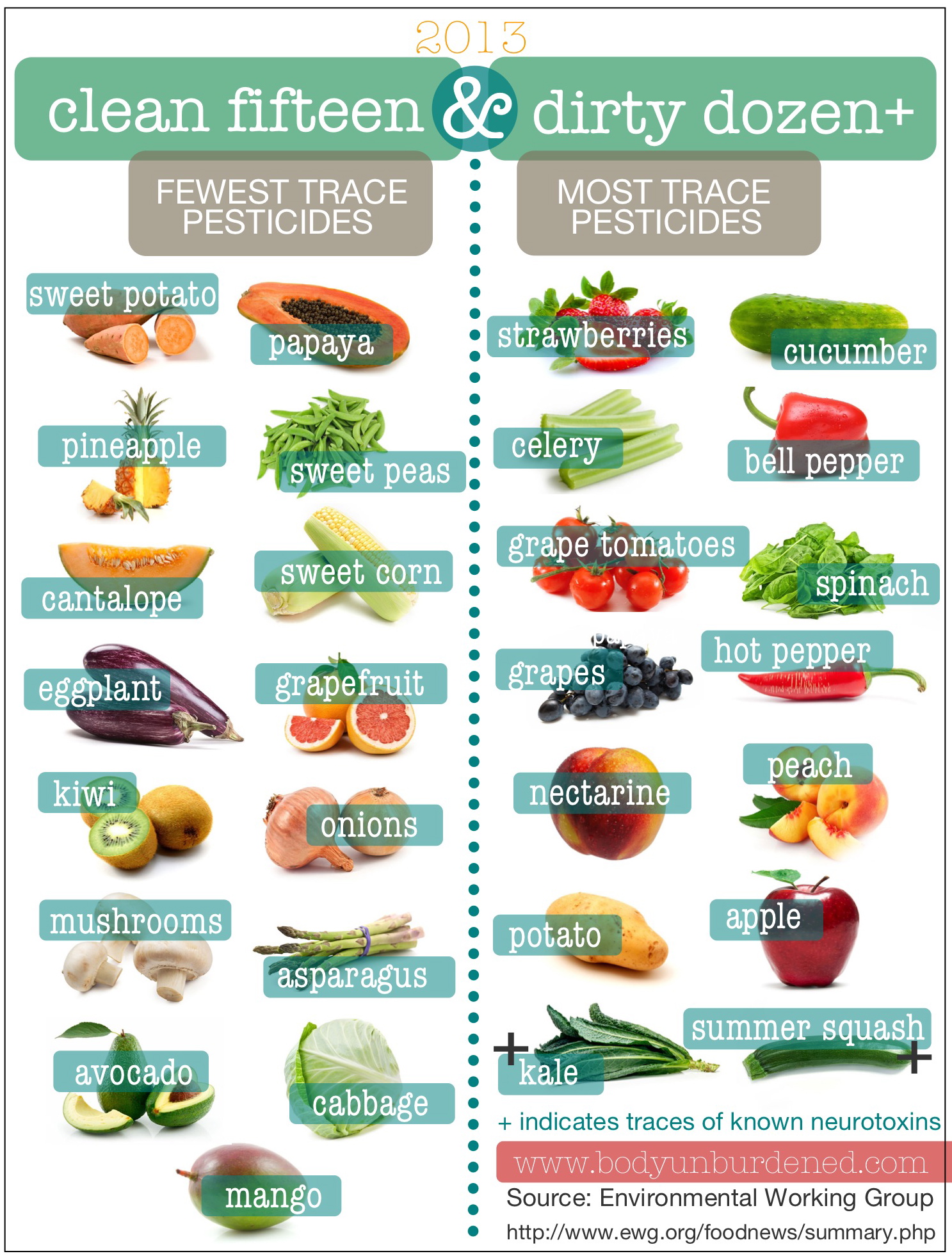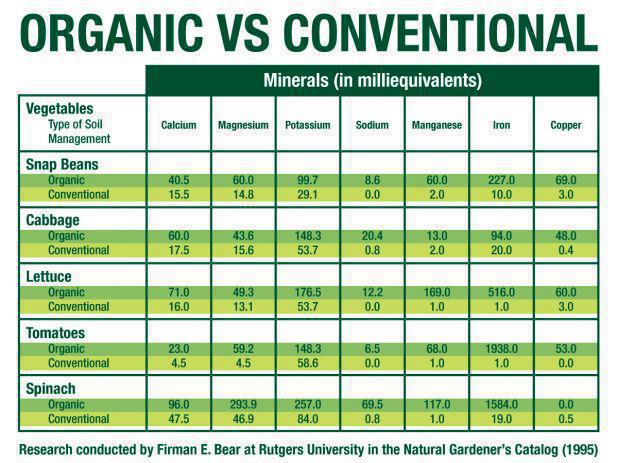Organic has become the buzzword over recent years, and as important as it is, it’s caused a lot of confusion. Discussions over the costs, the benefits and everything else in between has ended up making choosing organic seem like a lot more hassle than it’s worth.
The issues with organic foods are vast, the most noteworthy of which is that the label ‘organic’ doesn’t always mean what we would assume. Certain authorities have varying rules about what constitutes organic, which means that different agencies will allow for some use of chemicals, or that there may not be pesticide use now but the soil has been ravaged by pesticides in the past. Another is that it’s very expensive for farms to be labeled as organic, so the process of becoming certified can be very exclusive in itself, making it difficult for farmers to compete and sell their produce. Something that poses a big issue is that when food comes from other countries where they’re travelling long distances, they are often sprayed or injected with chemicals to keep them looking fresh. Regulations in other countries may be different, and there is also a huge environmental impact from transporting food. All of these factors compromise the integrity and quality of the food.
The reasons to switch to organic are important to note. Things such as keeping your body free of unnecessary contaminants, reducing pollution, and getting as many nutrients from your food as possible are crucial to consider when making decisions when you’re shopping. One of the most important of these reasons is the quality of the nutrients you’re eating. We eat food to be nourished, but the nutrients a food contains come from the quality of the soil. If you’re eating food that has been grown on soil that has been completely destroyed by years of pesticide use, there’s less nutritional value to the produce.
One way to get the benefits of buying organic while avoiding the risks and confusion is to buy local. Buying locally supports regional farmers, is cost effective, and can be one of our best mechanisms in minimizing global warming and other pollutants that compromise the quality of our air. It ensures that our food is a fresh as possible, and although a lot of local farmers aren’t certified organic they will tell you they don’t use any spray or pesticides. Try shopping your farmers market, or your local co-op.
Making the best decisions for yourself and your family can be difficult, so a good way to go at it is to first try and buy local and organic, and when you can’t, don’t stress too much about it. Certain crops are more heavily sprayed and affected by pesticide use, so you can use the chart below to decide what you’ll definitely be buying organic, and also what you can be flexible about.




Write Your Comment
Leave a comment